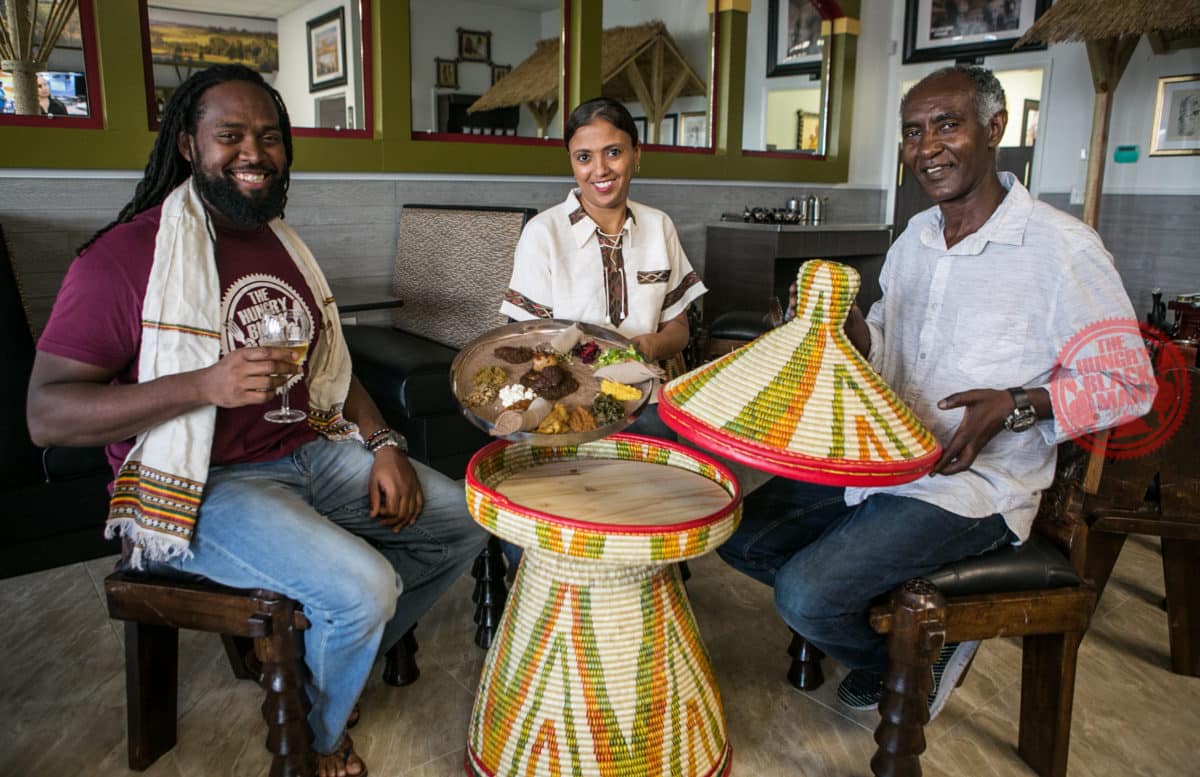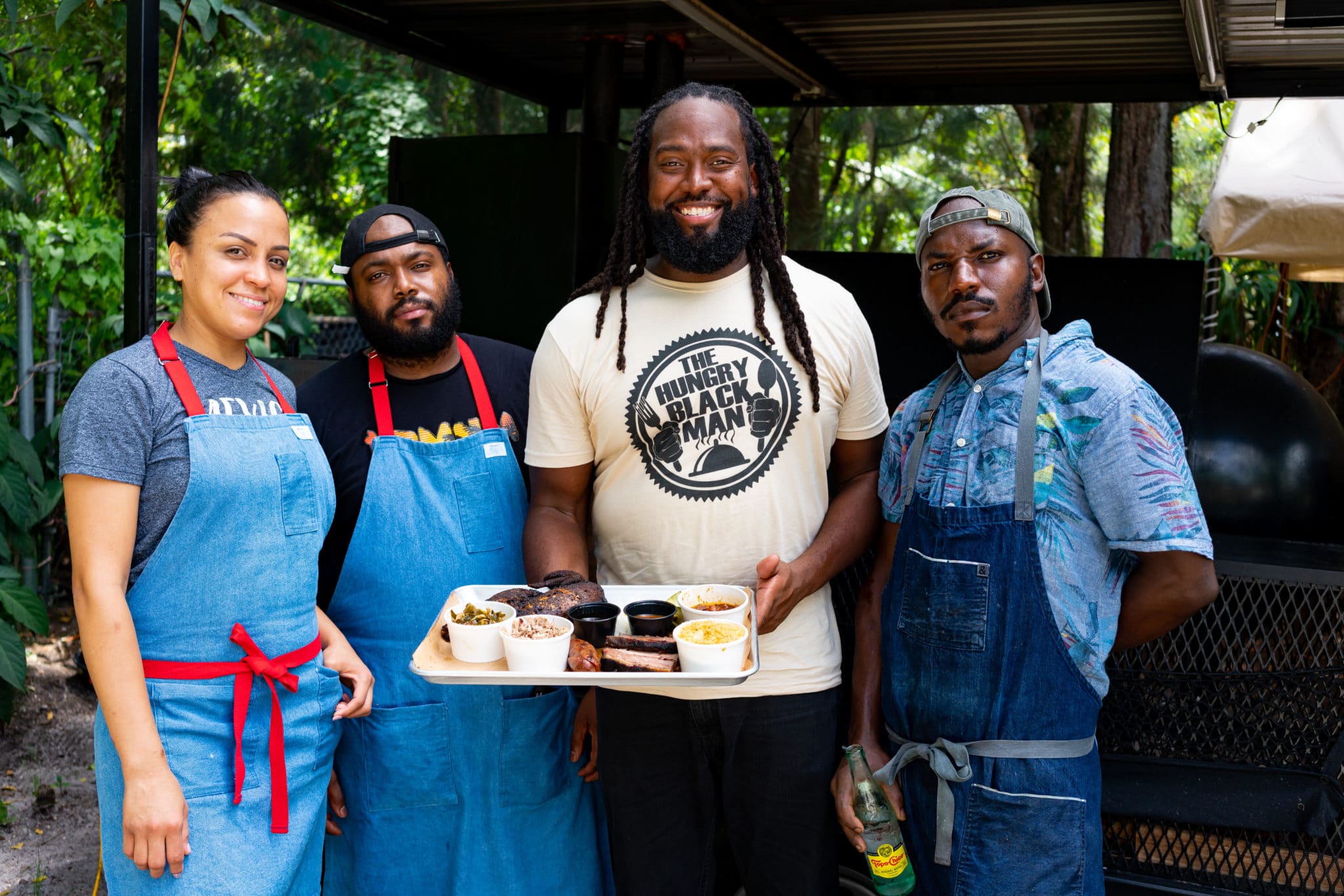
Drinking Pig BBQ Team and The Hungry Black Man (Closed)
MIAMI, Fla. — Miami is a city of sun, sand, and cultural diversity—a playground for the wealthy and a destination for millions of tourists each year. Yet beneath the glossy exterior lies a troubling trend: Miami is becoming a graveyard for Black-owned restaurants.
As I prepared to write our yearly Top 10 Black-Owned Restaurants of Miami, I realized six of these celebrated establishments—operated by award-winning chefs and backed by celebrities like Dwyane Wade and Peter Thomas—have shuttered recently. Beloved community spaces such as Fat Ronnie’s Burger Bar and C Food Shack have also succumbed to the city’s high operating costs and unsustainable economic pressures.
The closures keep coming. Just this week, a promising vegan concept in Southern Broward County, spearheaded by my fraternity brother and fellow entrepreneur, announced bankruptcy.
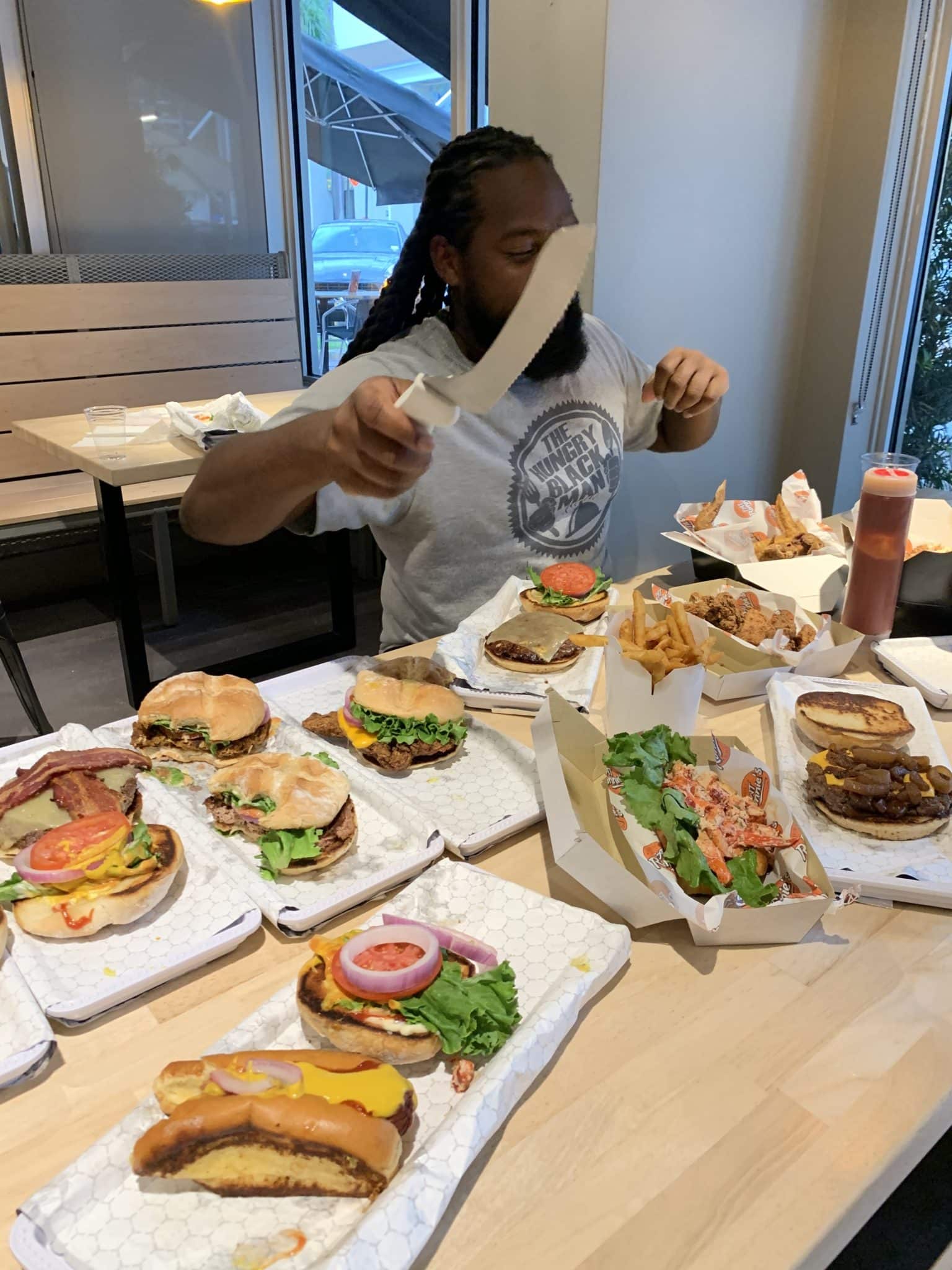
Fat Ronnie’s Burger Bar on Miami Beach (Closed)
Why is it so difficult for Black-owned restaurants to survive in Miami? Even our restaurant, Smith & Webster, has struggled. Our Miami location underperforms compared to our Coral Springs site, which benefits from consistent family visitation and a more engaging community. Miami’s dependence on tourism, special events, and large celebrations reveals the broader challenges faced by Black restaurant owners in the city. High operating costs, limited community support, and systemic inequities create a uniquely hostile environment for sustainability.
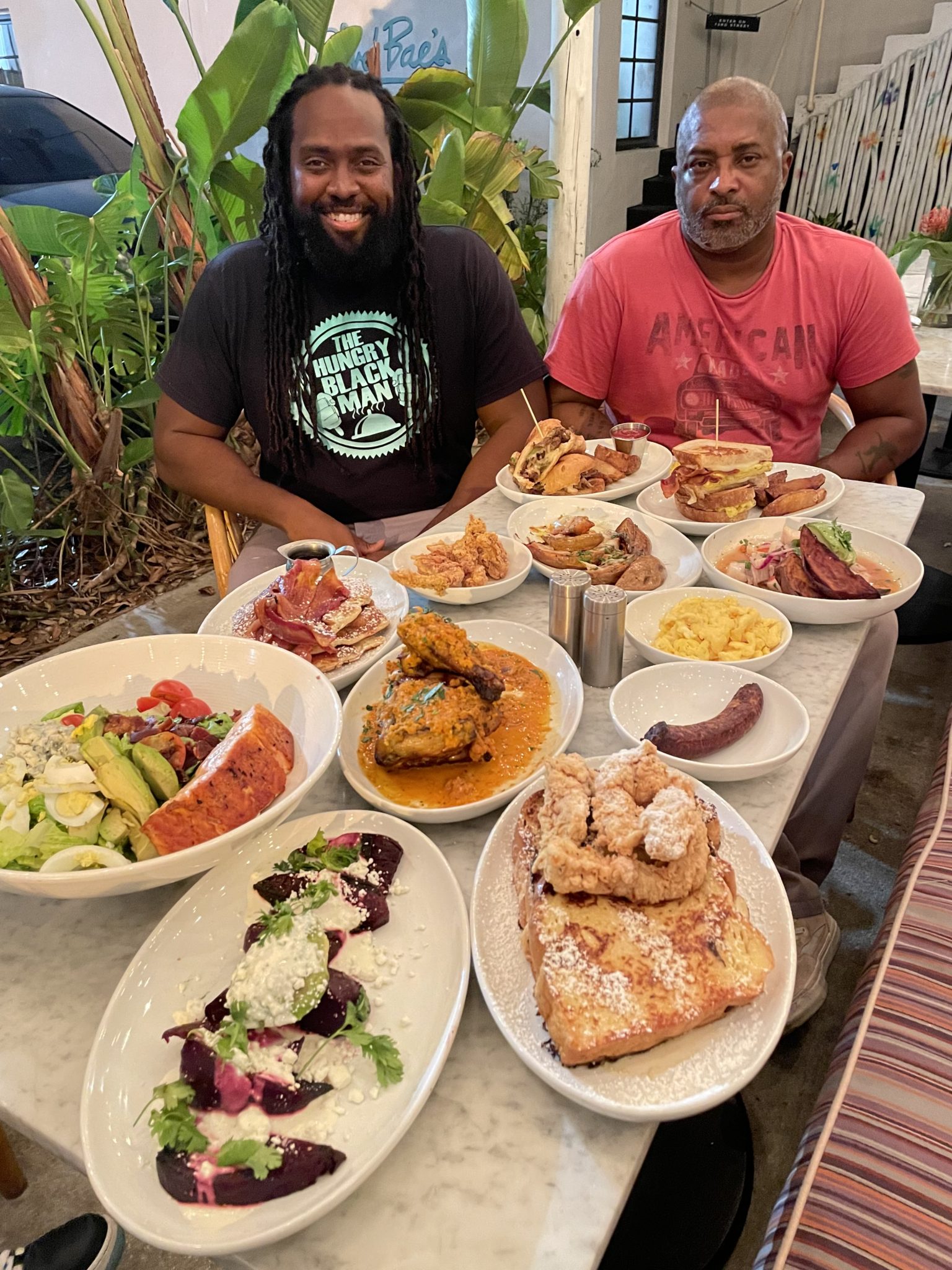
Blvd Baes in Miami (Closed)
The High Cost of Survival
Miami’s operational expenses are among the highest in the nation. Rent, utilities, and labor costs can cripple small businesses, especially restaurants striving to offer high-quality ingredients and elevated dining experiences.
For Black hospitality entrepreneurs, these challenges are compounded by limited access to capital. Loans, grants, and investor support remain elusive, forcing owners to rely on personal funds to weather economic storms. Even celebrity-backed ventures—often perceived as financially untouchable—are vulnerable. If Dwyane Wade’s 800 Woodfire couldn’t survive, what hope exists for the everyday small business owner?
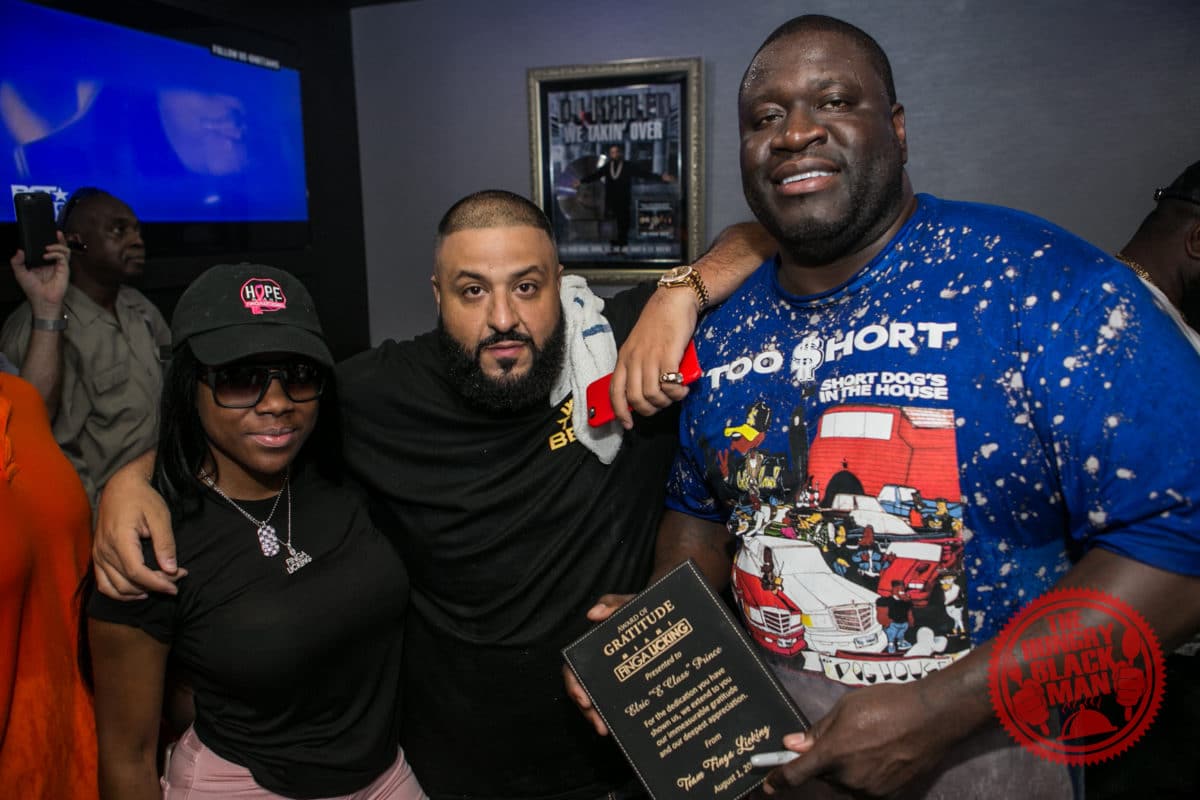
The Licking Miami Gardens (Closed)
Additionally, Miami’s economy is overwhelmingly tourist-driven. While some Black-owned restaurants, like Smith & Webster, benefit from special occasions and visitors, most struggle to attract a steady flow of customers. Black-owned establishments are often excluded from mainstream tourism campaigns and situated away from high-traffic areas, making visibility an uphill battle.

800 Woodfire in Avetnura (Closed)
Cultural Hurdles
Black dining culture in Miami presents unique challenges. Takeout, trap kitchens, drive-throughs, and home-cooked meals dominate, with formal dining often perceived as prohibitively expensive. For Black-owned restaurants that provide elevated experiences, this cultural preference results in sporadic local support insufficient to sustain costly operations.
The downfall of these businesses reflects broader issues of cultural identity, stability, and community fragility. A community’s schools and restaurant scene tell the story of the type of community you’re visiting. Schools produce the workforce and a restaurant expresses exactly what the community values are. You can tell everything you need to know about a community, based on its diverse food and drink ecosystem, or lack thereof. Without consistent backing, restaurants are forced to depend on one-time visitors—an unsustainable model for long-term success.

KC Healthy Cooking (Closed)
A Lack of Infrastructure
Unlike cities such as Atlanta or Houston, Miami lacks a robust network of Black professionals and community organizations to support Black-owned hospitality ventures. This absence impacts recruitment, marketing, and community engagement.
Even with prestigious institutions like Florida International University’s hospitality program and high-profile events such as the South Beach Wine & Food Festival, Black entrepreneurs are rarely connected to these resources. The result? A talent pipeline that fails to address the specific needs of Miami’s Black restaurant ecosystem.
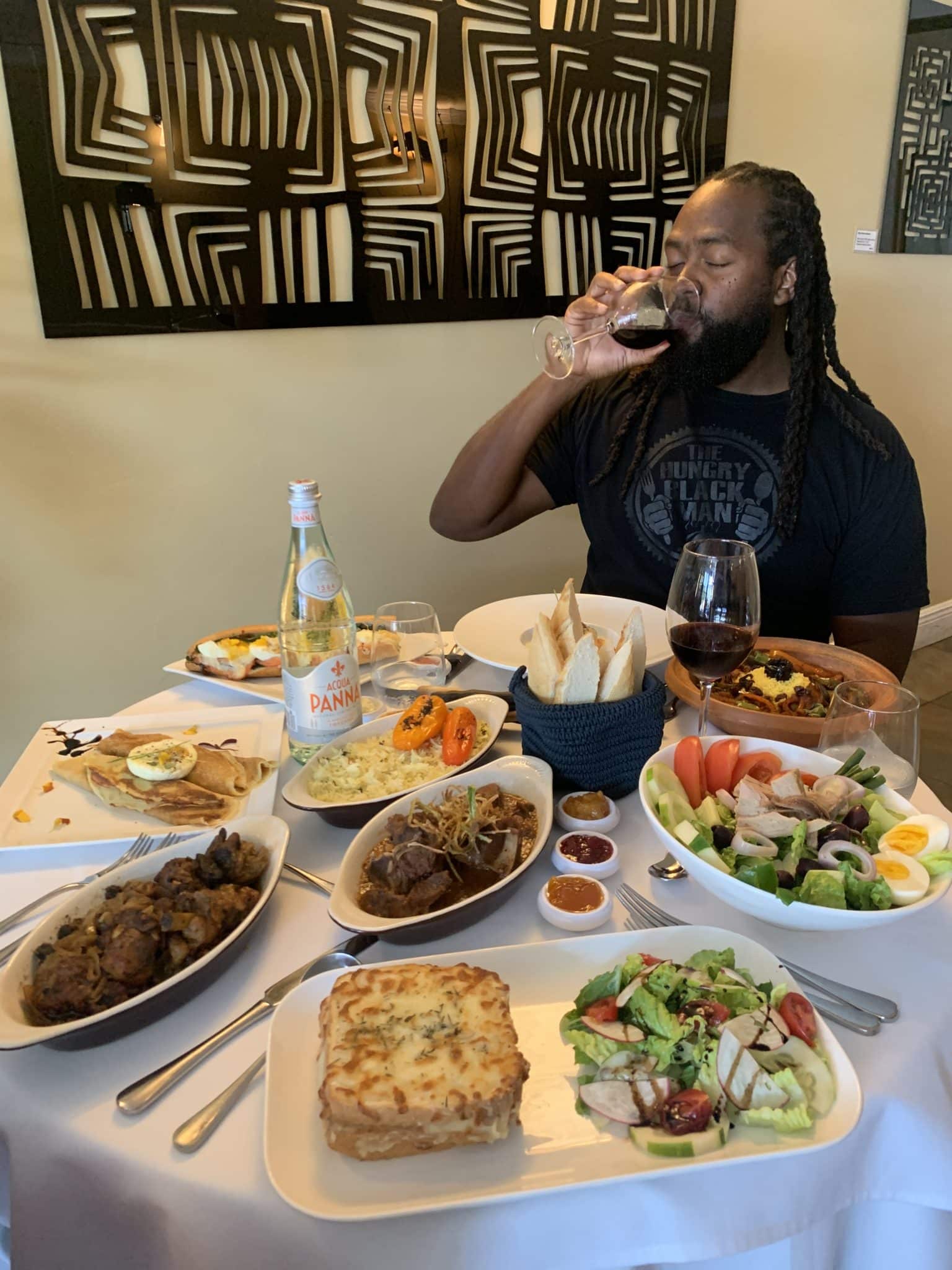
COTE Gourmet Restaurant (Closed)
A Path Forward
- Collaborative Marketing Campaigns
Black-owned restaurants must pool resources for collective marketing efforts. Highlighting the diversity and excellence of Miami’s Black cuisine through city-wide campaigns can increase visibility and attract a broader audience.
- Community-Centered Engagement
Restaurants should host affordable events and specials to foster a sense of community ownership. Spaces like Lorna’s Caribbean & American Grill have succeeded by creating home bases for locals through targeted events and promotions.
- Operational Efficiency
Investing in staff training, streamlining operations, and leveraging technology for inventory and customer management can improve margins and create a more sustainable business model.
- Tourism Integration
Partnerships with tourism boards, hotels, and event organizers can position Black-owned restaurants as must-visit destinations. Exploring alternative revenue streams, such as catering and packaged goods, can diversify income.

Bar One Miami Beach (Closed)
The Stakes Are High
The survival of Miami’s remaining Black-owned restaurants depends on collective action and systemic change. Iconic spaces like Red Rooster Overtown and Awash Ethiopian Restaurant serve as cultural and culinary landmarks, proving that success is possible. Without significant investment and community support, the city risks losing these vital institutions. Below are just some of the many Black restaurants that have closed within the last year or so:















Miami’s Black-owned restaurants are more than businesses; they are cultural lifelines, representing resilience, creativity, and history. Saving them requires intentional effort—from policy changes and community support to entrepreneurial innovation.
Each of these spaces represents a commitment to culture, cuisine, and community—a commitment we must all rally behind. Miami’s culinary future depends on it. If you don’t have dinner or brunch plans this weekend, please consider trying one of these amazing spaces. For full service dining experiences that celebrate Black excellence in Miami, visit:
- Lorna’s Caribbean & American Grill
19752 NW 27th Ave, Miami Gardens, FL 33056
Call: (305) 623-9760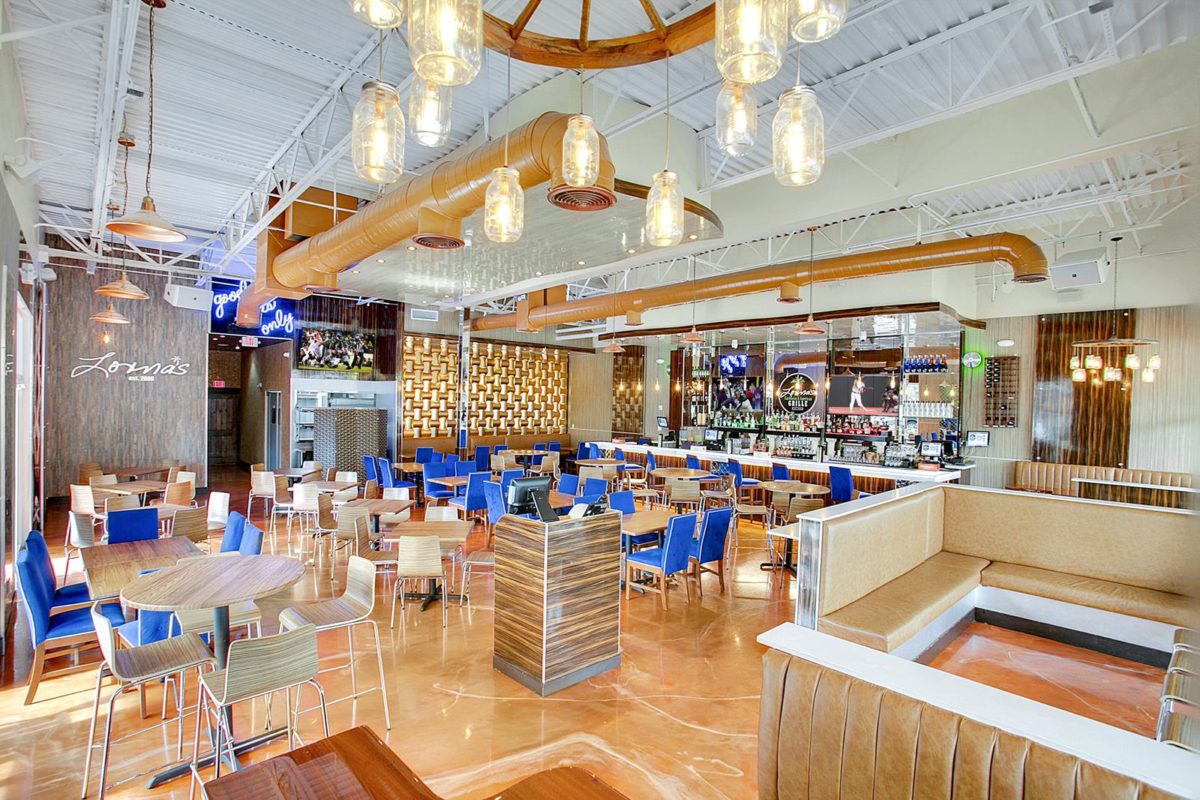
- Smith & Webster Restaurant and Bar
486 NE 167th St, Miami, FL 33162
Call: (305) 333-8272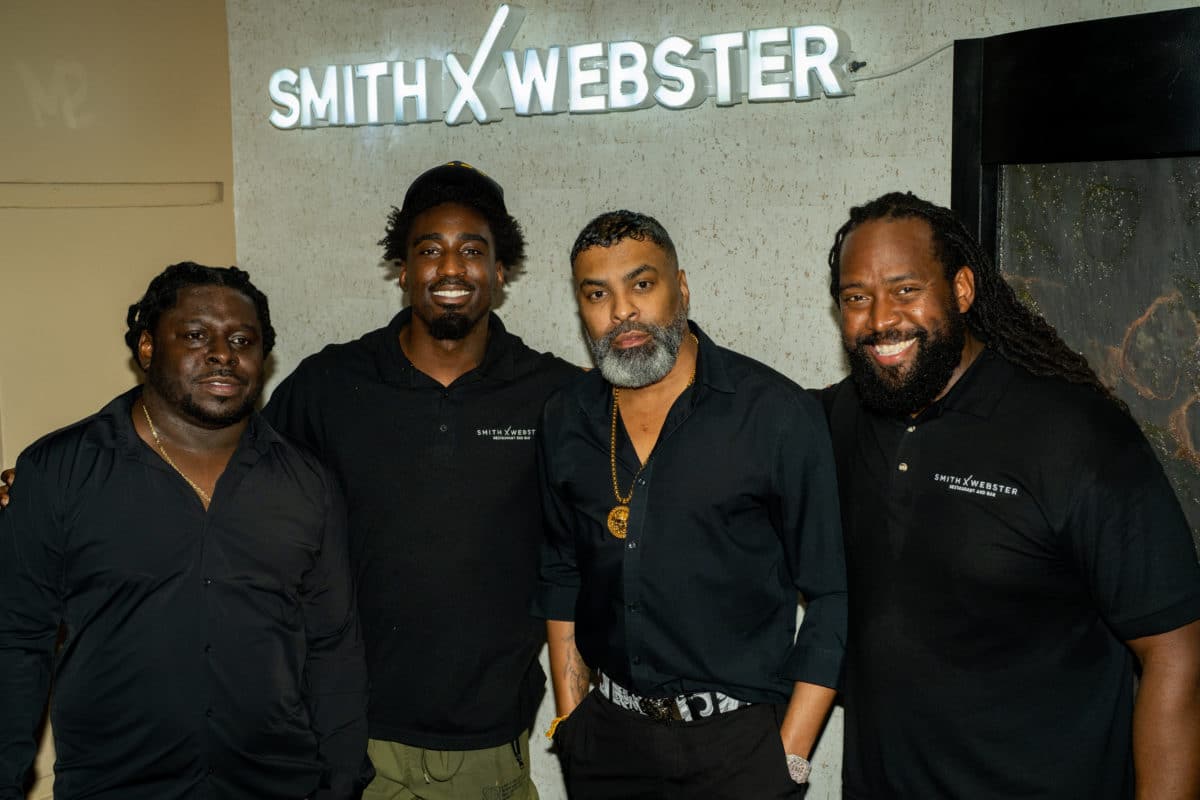
- Little Greenhouse Grill
1300 NW 3rd Ave, Miami, FL 33136
Call: (786) 277-3582
- Red Rooster Overtown
920 NW 2nd Ave, Miami, FL 33136
Call: (305) 640-9880
- Dukunoo Jamaican Kitchen
316 NW 24th St, Miami, FL 33127
Call: (786) 334-5150
- Awash Ethiopian Restaurant
19934 NW 2nd Ave, Miami Gardens, FL 33169
Call: (305) 770-510